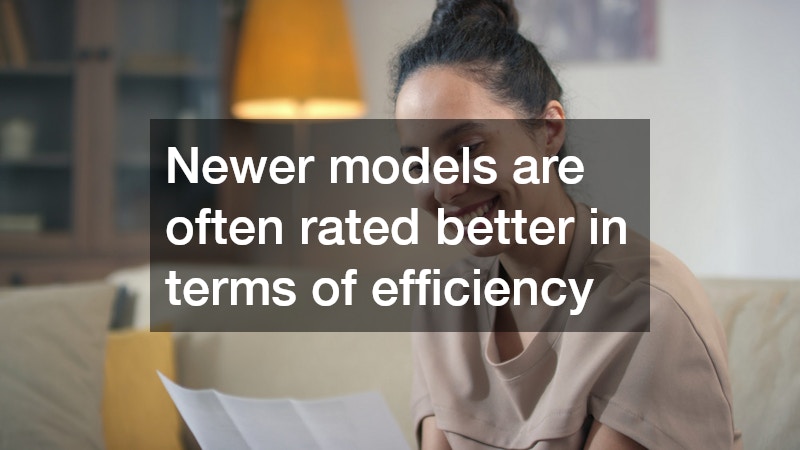As we approach the dog days of summer, it’s essential to ensure that your air conditioner functions efficiently for comfort and energy savings. Homeowners often face unexpected AC issues, and a little knowledge can help you diagnose problems quickly and effectively.
Understanding the potential pitfalls of air conditioning systems not only empowers you as a homeowner but also equips you with the tools to make informed decisions regarding repairs or maintenance. Many issues can disrupt your AC’s performance, from simple troubleshooting tactics you could try yourself to complex mechanical failures necessitating professional intervention. Assessing the situation correctly ensures you stay comfortable during peak heat and saves you unnecessary expenses.
In this article, we’ll cover various topics, including common reasons your AC might underperform and key indicators for contacting an HVAC contractor. With this knowledge, you’ll be better prepared for any cooling challenges that arise.
What Are the Common Causes of an AC Not Cooling?
Many homeowners may experience issues with their air conditioning units. Understanding the common causes can help identify the problem quickly. One prevalent issue is a dirty air filter, which can restrict airflow, causing your AC to work harder and less effectively. Regularly checking and replacing air filters can significantly enhance your system’s performance and longevity, ensuring that cool air circulates effectively throughout your home.
Another common cause is low refrigerant levels. Refrigerant is the substance that cools the air in your unit, and if it’s leaking or insufficient, the efficiency drops, resulting in inadequate cooling. Homeowners might overlook this issue, as some symptoms can be less obvious. Keeping an eye out for ice buildup around the evaporator coils or hissing noises can be crucial indicators of a refrigerant issue, prompting early diagnosis and repair.
How Do I Know If I Need to Repair or Replace My AC?
Deciding between repair and replacement can be a tough call. Various factors dictate this decision, such as the age of your air conditioning unit and the extent of the repair needed. A general rule of thumb is that if your unit is over 10-15 years old and requires major repairs, it might be time to consider replacement. Modern units are more energy-efficient and could save you money in the long term, reducing utility bills and minimizing repair costs.
Another important factor is the frequency of repairs. If you find yourself calling an HVAC contractor repeatedly for repairs, evaluate the cost versus the benefits of investing in a new system versus continually repairing an older one. Continuous breakdowns can indicate that your unit is reaching the end of its lifespan, indicating that replacement may be a more sensible financial decision in the long run.
Energy efficiency ratings play an essential role in your decision-making process as well. Newer models are often rated better in terms of efficiency, meaning you can enjoy better cooling with less energy consumption. If you notice skyrocketing energy bills despite routine maintenance, it could signify that your AC unit isn’t operating efficiently, which could influence your decision to replace rather than repair.
When Should I Call an HVAC Contractor?
Knowing when to seek the help of a professional can save you time and money. Here are the signs that indicate it’s time to call in an HVAC expert. If your air conditioner isn’t blowing cold air, as previously discussed, it’s important not to ignore the signs. You may attempt minor checks, but persistent problems after basic troubleshooting require expert analysis to prevent worsening the situation.
Another reason to consider contacting an HVAC contractor is when your unit is making strange noises. Sounds like rattling, banging, or screeching often signal complications that need prompt attention. These noises suggest mechanical issues that could lead to further damage if left unaddressed, which might incur more significant costs down the line.
Lastly, if you observe signs of leakage or water pooling around the unit, this can indicate refrigerant drainage or other system failures that necessitate professional assessment. Water damage from leaks can also affect your home’s interior, leading to more extensive (and costly) repairs if neglected. Seeking help from an HVAC contractor promptly can prevent minor issues from escalating into major headaches.
Understanding why your AC isn’t cooling and knowing when to call an HVAC professional can help you maintain a comfortable and efficient home environment throughout the hot months. Awareness of potential issues empowers you to take proactive measures, whether it’s simple maintenance routines or recognizing when professional intervention is necessary. Temperature regulation is crucial for comfort during summer peaks, and utilizing these insights ensures a more manageable living space.
Ultimately, the balance between repair and replacement hinges on the age, frequency of maintenance challenges, and efficiency of your system. Educating yourself about these factors leads to informed decisions that can save you from needless expenditures and discomfort. With an understanding of common issues and the expertise of HVAC professionals, keeping your home cool becomes a more straightforward task.
By following the guidelines in this article, you can contribute significantly to your home’s comfortable atmosphere. Regular checks, timely repairs, and consultations with a trusted HVAC contractor will keep your air conditioning system running smoothly throughout the warmer months.




